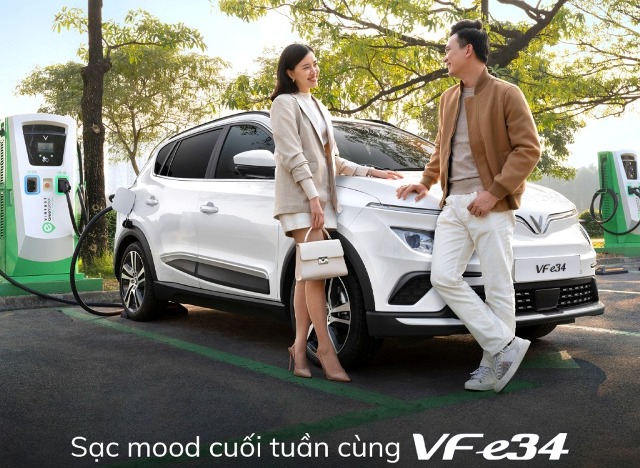In a bid to accelerate the adoption of electric vehicles (EVs) and bolster its domestic EV industry, Indonesia has unveiled a series of incentives aimed at boosting sales of both locally produced and imported EVs.
The newly announced incentives build upon a tax incentives plan introduced in December, which targeted imported EVs for manufacturers matching import numbers with domestically made EVs in the coming years.
Under the latest rules, Indonesia will waive luxury tax on EVs for the 2024 fiscal year and eliminate import tax until the end of 2025. Additionally, the government will reduce the value-added tax (VAT) to 1 percent from 11 percent for EV buyers this year, extending a tax break that expired at the end of 2023.
These incentives are designed to stimulate domestic demand for EVs while simultaneously attracting investment from automakers, according to government officials.
Rachmat Kaimuddin, the deputy coordinating minister overseeing the EV sector development, noted that several EV manufacturers have already disclosed plans to introduce vehicles to Indonesia since the government’s announcement of its intention to introduce incentives. China’s BYD, the world’s largest EV maker by sales volume, recently unveiled three all-battery EV models intended for sale in Indonesia.
“We hope that these efforts will lead to the introduction of even more products and make them more affordable,” Rachmat told reporters during a briefing on Tuesday.
The Indonesian government has set ambitious targets for the EV sector, aiming for 600,000 domestically produced EVs by 2030. This figure represents a significant increase from the number of EVs sold in Indonesia in the first half of 2023. Additionally, Indonesia aims to position itself as an EV production hub, capitalizing on its vast nickel reserves, a crucial material for EV batteries.

